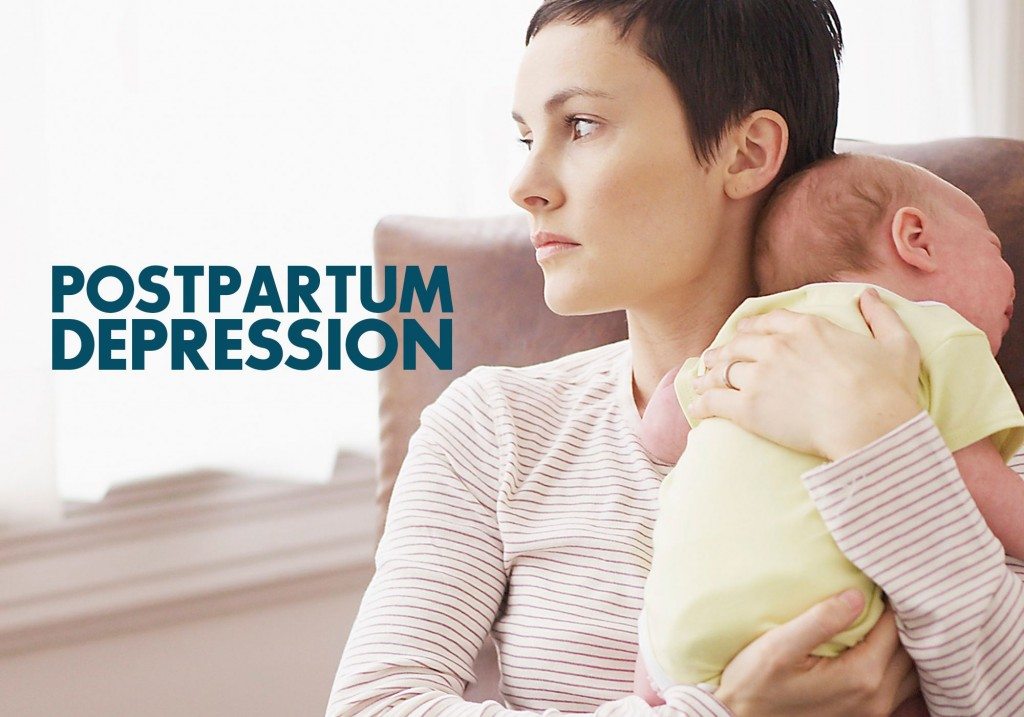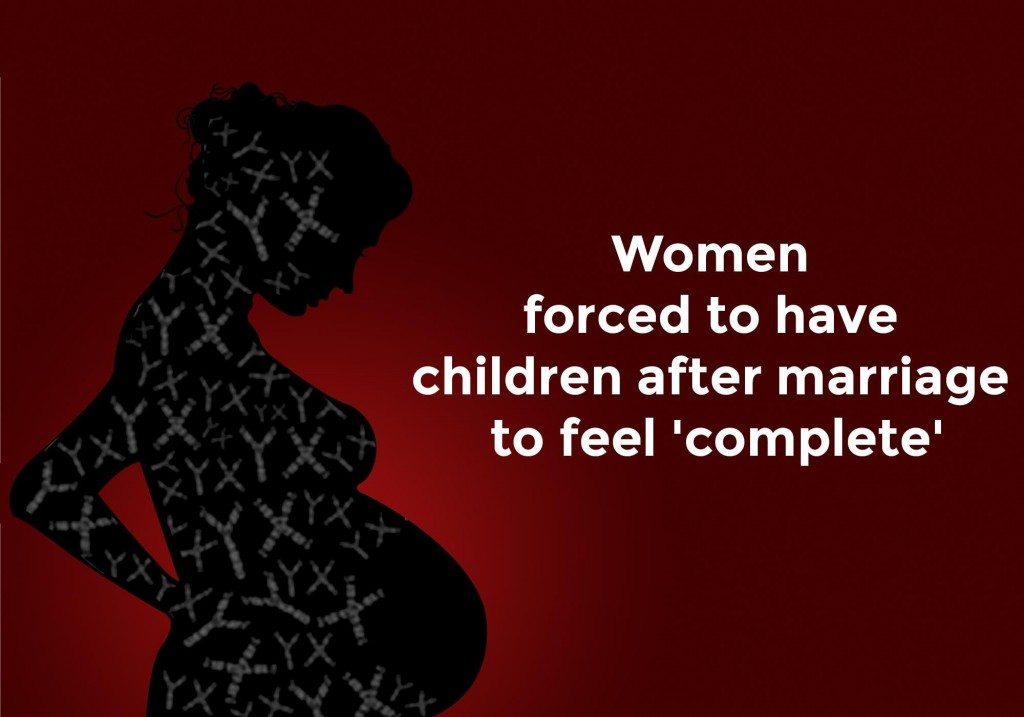In this post, we talk about the common depressive disorders women are susceptible to.
Premenstrual Dysphoric Disorder
Do you feel depressed and anxious every time before your monthly cycles? This is called Premenstrual Dysphoric Disorder (PDD). It is a depressive disorder caused due the changes in chemicals of the brain and hormones of the body during ovulation in a woman.
The characteristic feature of PDD is extreme moodiness, anxiety, sadness and/or anger. Women with PDD may also experience other symptoms of premenstrual syndrome such as bloating and chest tenderness.
Doctors have reason to believe that PDD is genetic and women who have family members suffering from PDD are more susceptible to it.
In order to be diagnosed with PDD, a woman must exhibit at least 5 of the following symptoms after ovulation each month. However, it is also important to note that, she must have ‘normal’ days during each cycle where she experiences none of these symptoms.
The symptoms include:
- Extreme depression, feeling a loss of control and hopelessness and self-deprecating thoughts
- Feeling very emotional such as being sad and tearful over small rejections
- Irritability, short temper, and interpersonal rubs
- Loss of interest in everyday activities
- Difficulty in concentration
- Laziness, easily tired and a distinctive loss in energy
- Overeating or craving for certain foods
- Insomnia or sleeping excessively
Women diagnosed with PDD can expect to be put on anti-depressants and undergo behavioral therapy. A healthy diet and sufficient exercise also contribute to keeping PDD at bay.
Depression during pregnancy
The medication that is subscribed to a woman suffering from depression varies depending on whether she wants to conceive or is pregnant. There are some of the school of thought that medication may pass through the placenta and hence discourage medication for depression during pregnancy. However, this is yet to be proved.
Postpartum depression
Postpartum depression must be distinguished from baby blues which affects most mothers post pregnancy. Baby blues are when a woman feels low and listless a few days after delivery. The important feature of baby blues is that these feelings of sadness and inadequacy do not last for more than 2 weeks. If they persist for more than 2 weeks, it is called postpartum depression.
Postpartum depression is caused by changes in the chemical nature of the brain and body (reduced levels of estrogen and progesterone), due to pregnancy and delivery.
The symptoms of postpartum depression are similar to those enumerated above for PDD. It is usually treated with a combination of medication and therapy.
Depression during menopause
While some instances of hot flashes and weight gain are common during menopause, it could become major depression in few women. The changes in the hormones secreted are what cause this moodiness and depression in women during menopause.
Along with the primary symptoms of a low mood and losing interest in activities once found pleasurable, other symptoms include,
- Feeling tired and fatigued
- Suicidal thoughts and obsessing about death
- Insomnia or excessive sleeping
- Lack of concentration and memory loss
- Feelings of inadequacy
- Restlessness
Along with or maybe even without medication, behavioral therapy called cognitive behavioral therapy is highly recommended for women with depression during menopause.




